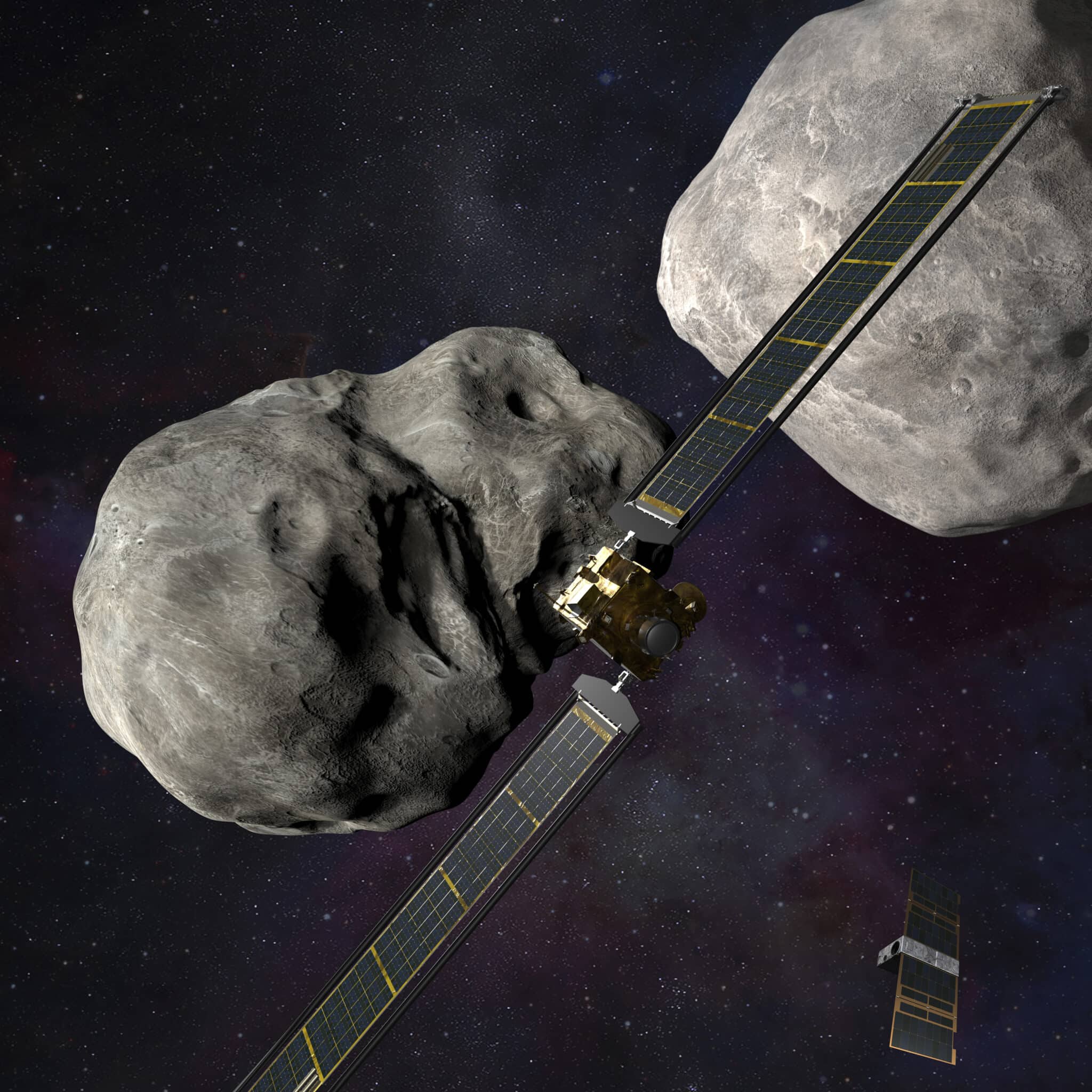NASA has found in a hypothetical exercise that an asteroid has a 72 percent chance of hitting Earth – and it may happen sooner rather than later.
In a hypothetical scenario posed to a group of nearly 100 government representatives, NASA found that their plan to combat the asteroid hurtling towards Earth had several “high-level gaps,” according to their presentation.
They said space officials have “limited readiness to quickly implement needed space missions,” and methods to keep the public informed on the impending disaster are not fully developed.
Further observations about the asteroid would hypothetically be delayed by at least seven months as the asteroid passed behind the Sun, which would be “a critical loss of time,” according to NASA’s news release.
Fast said: “When you talk about planning a mission, any kind of spacecraft mission, it doesn’t happen on a dime. Even though 14 years sounds like a long time, it actually might not be when you think of developing missions.”
In 2022, NASA conducted a test of heading off an asteroid on its way to Earth by crashing a spacecraft into Dimorphos, a small “moonlet” orbiting the asteroid Didymos around 6.8 million miles from Earth. The test successfully shortened the moonlet’s orbit by 32 minutes, NASA said.
Further testing on the asteroid scenario remains “unclear” as some participants were skeptical of sufficient federal funding and the ability to gather enough information about the incoming asteroid.
















